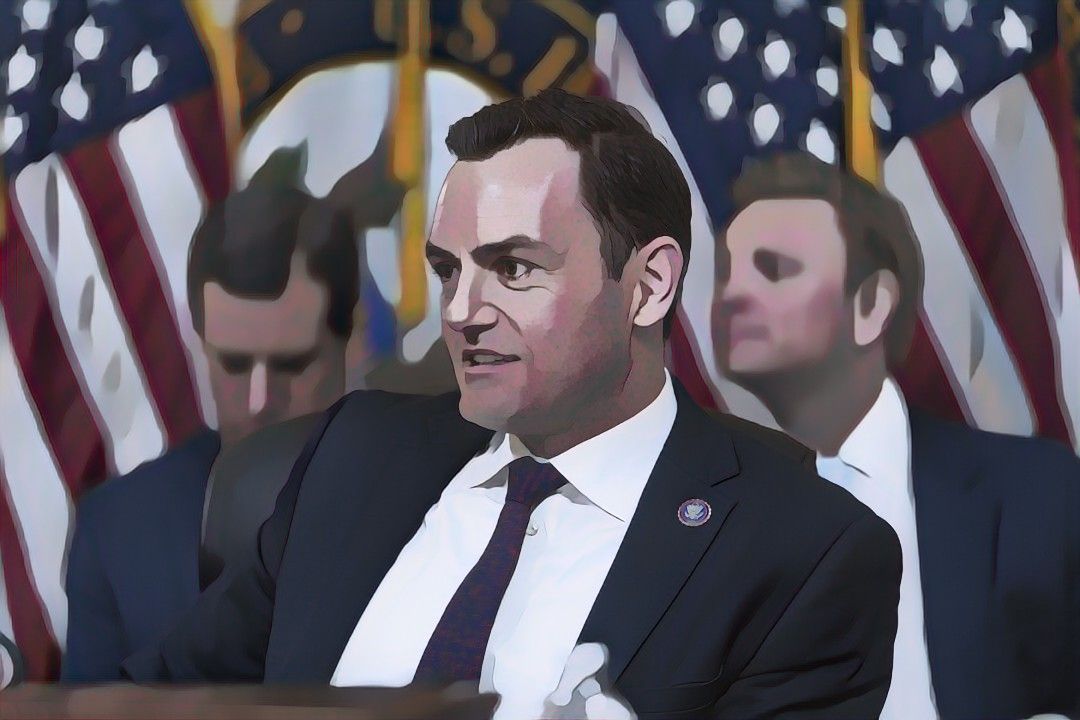House Republicans Recommend Lapse in Science and Tech Cooperation with China

The Lede: Republicans in the House of Representatives signed a letter urging the end of a decades-old U.S.-China scientific and technological cooperation agreement
What We Know:
- The U.S. House Select Committee on Strategic Competition between the United States and the Chinese Communist Party sent a letter to Secretary of State Antony Blinken signed by committee chair Representative Mike Gallagher and nine other Republican representatives calling for the Biden administration not to renew the U.S.-China Science and Technology Agreement set to expire on August 27.
- The lawmakers cite concerns regarding cooperation with China’s Meteorological Administration on instrumented balloons, as well as projects involving the U.S. Department of Agriculture that include technologies with ‘clear dual-use applications such as satellite and drone imagery analysis for irrigation management. Some have also warned of the theft of NASA space shuttle designs and crop seeds. They highlighted the dangers of China’s academic researchers, industrial espionage, forced technology transfers, and modernization of the People’s Liberation Army.
- The State Department has not commented on its internal deliberations and negotiations on the matter. The Chinese embassy in Washington maintained that the U.S. side is reviewing the renewal of the agreement and that the door is open for adjusting the original deal.
The Background: The STA emerged after Beijing and Washington established diplomatic ties in 1979 and it has been renewed about every five years since then. It has been cited as a stabilizing force in U.S.-China relations for decades and was last renewed in 2018. Under the agreement, the two countries have collaborated on atmospheric and agricultural sciences as well as research in physics and chemistry.
Likely Outcomes:
- Proponents of renewing the deal argue that ending the deal would cut off valuable academic and commercial cooperation. From a more adversarial perspective, some also argue that the U.S. would lose valuable insight into China’s technological advances. Renewing the STA would send a signal to China that the U.S. has taken some of the latest high-level meetings and increased dialogues to heart and that there is still room for the win-win cooperation that Beijing insists on fostering and keeping lines of communication open where possible as emphasized by the State Department.
- It remains to be seen whether there will be any effort from either side to make adjustments to the STA. Canceling the STA would be another break in U.S.-China ties that go against the spirit of research and science that it is intended to promote. It would go in the opposite direction from the latest agreements on both sides to encourage more people-to-people exchanges through student, academic, and business groups. However, the U.S. may determine that China’s restrictive national security laws and limits to foreign access to its academic databases have made cooperation unattractive as outlined in the STA. Increased political pressure such as this letter from the Select Committee on China may also lead to the agreement’s decline.
Quotables:
“Extending the Science and Technology Agreement between the US and China would only further jeopardize our research and intellectual property.” – Mike Gallagher Republican Congressman in the U.S. House of Representatives
“China friend or China foe, the US needs access to China to understand what’s happening on the ground. The advocates for renewal are trying to keep this [issue] a little bit under the radar because they don’t want the China bashers to get a piece of this and try to rip it apart.” – Denis Simon, a professor at the University of North Carolina at Chapel Hill
Good Reads:
Republican lawmakers urge U.S. to scrap China science deal (Reuters)
Letter from the Select Committee on China to Secretary of State Antony Blinken (U.S. House of Representatives)
US Urged to Ditch China Science Deal Over Tech Theft Fears (Asia Financial)
Landmark US-China science deal faces new scrutiny (Taipei Times)
As US seeks talks with China, decision on bilateral science deal poses test for Washington's sincerity (Global Times)
